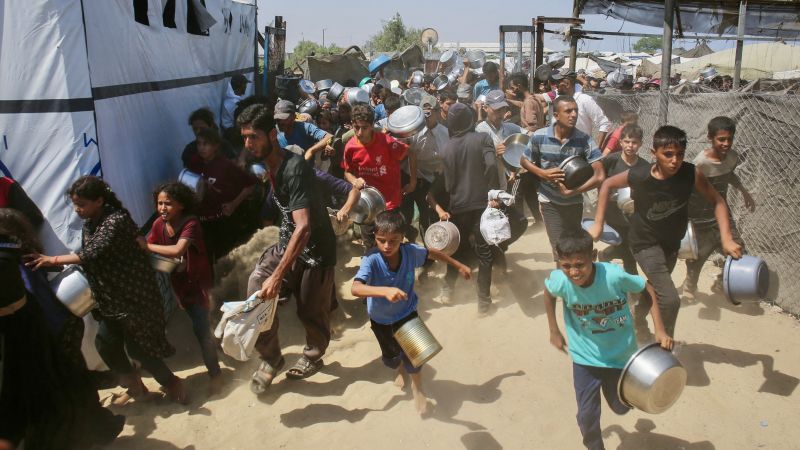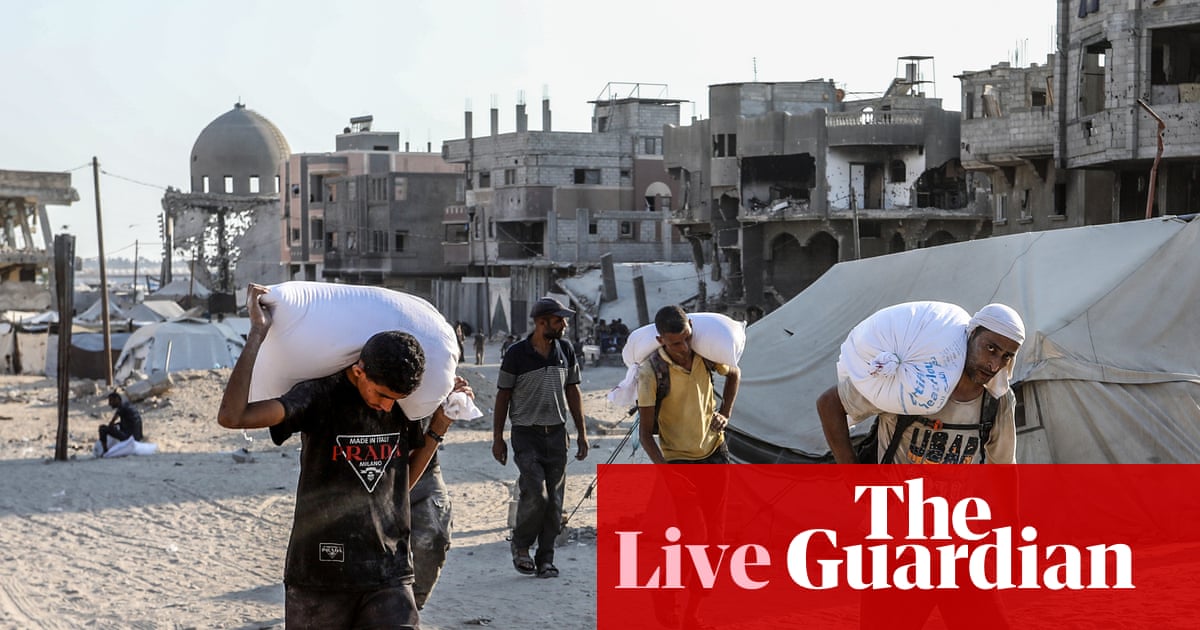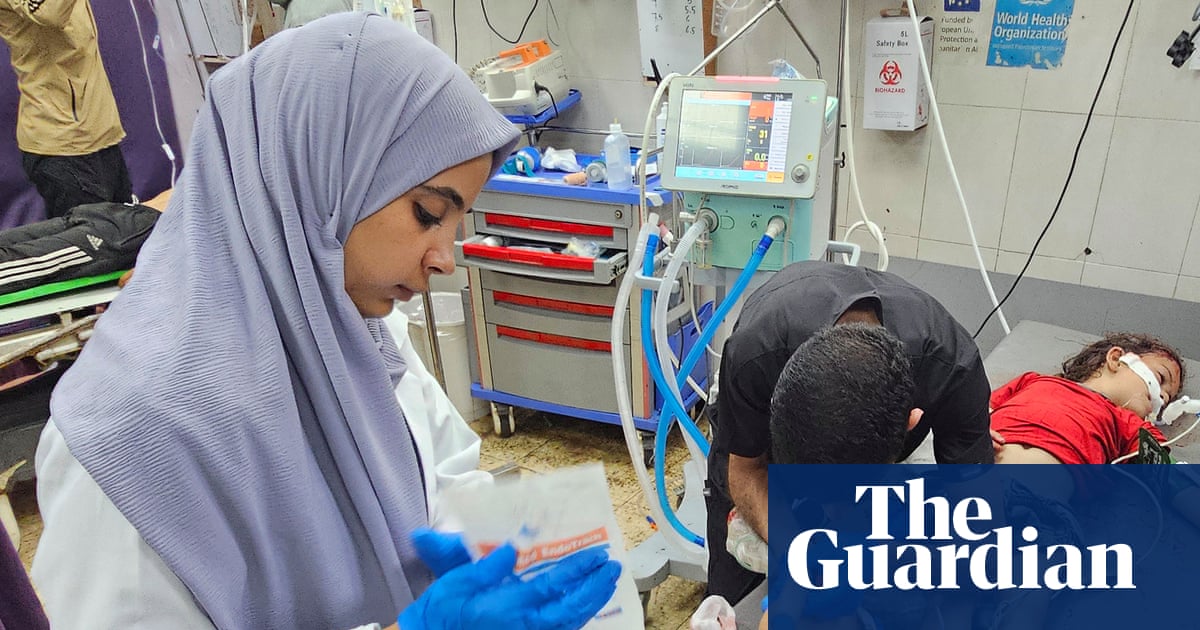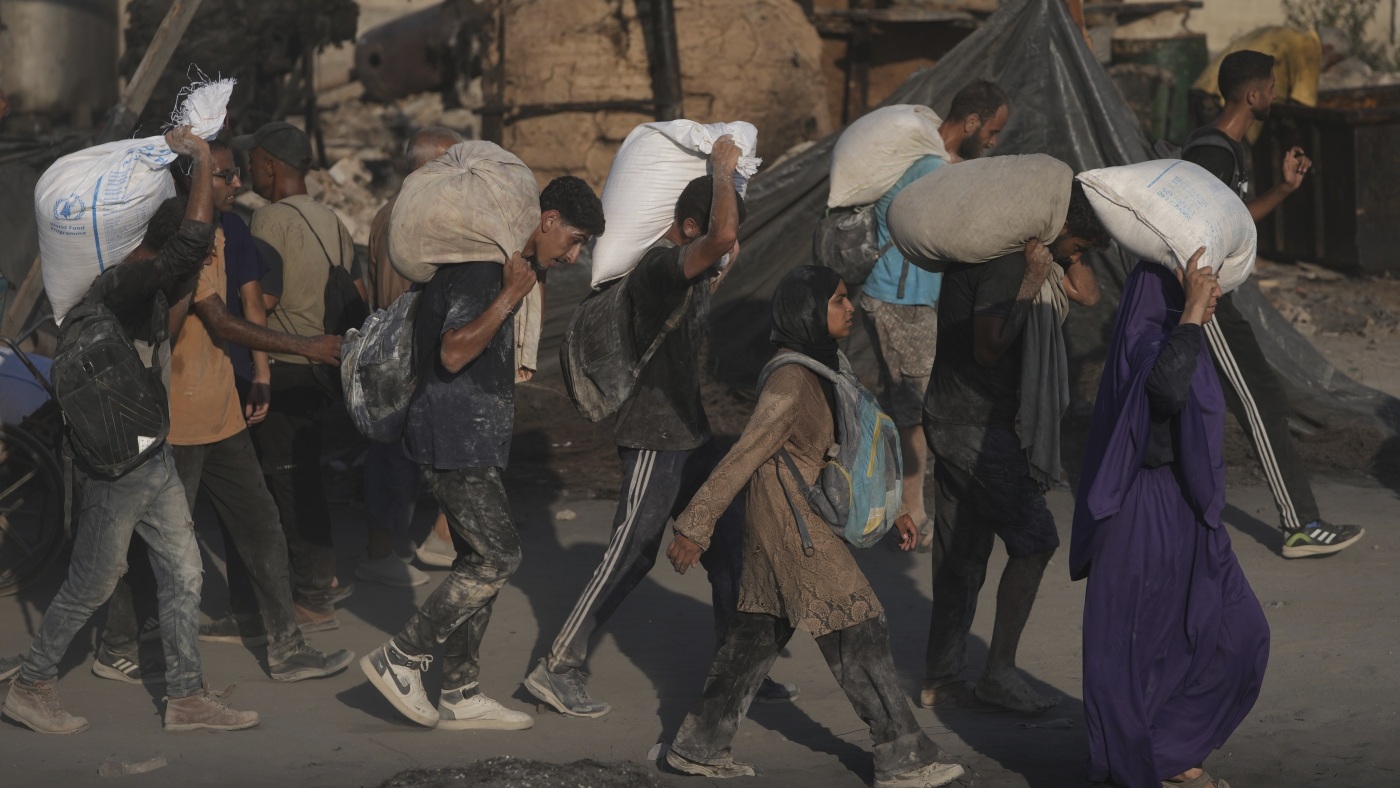T4K3.news
Médecins Sans Frontières criticizes Gaza aid airdrops
MSF calls airdrops for Gaza aid futile and urges road access for humanitarian delivery.

Médecins Sans Frontières criticizes airdrops for aid delivery, calling for road access to Gaza.
Médecins Sans Frontières condemns airdrops for Gaza aid
Médecins Sans Frontières (MSF) strongly criticized the use of airdrops for delivering aid to Gaza, labeling the approach as futile and cynical. Jean Guy Vataux, MSF’s emergency coordinator in Gaza, emphasized that humanitarian aid is ready and could reach those in desperate need by road. He explained that airdrops are not only inefficient but can also pose risks to civilians by causing injuries during the drop. Despite claims from Israel that aid trucks are operating effectively, MSF argues that the scale of need in Gaza far exceeds current efforts.
Key Takeaways
"Using airdrops for the delivery of humanitarian aid is a futile initiative that smacks of cynicism."
This quote from Jean Guy Vataux captures MSF's strong stance against airdrops.
"Airdrops are notoriously ineffective and dangerous as they cannot carry much aid and can injure (or even kill) people."
Vataux warns about the inherent risks of airdrops in his statement.
"If anything lands in this area, people will inevitably be injured."
Vataux emphasizes the dangers faced by civilians in the densely populated area of Gaza.
"The roads are there, the trucks are there, the food and medicine are there, everything is ready."
This sentence stresses the readiness to assist if access is granted.
The ongoing humanitarian crisis in Gaza highlights severe flaws in the methods employed to deliver aid. While some argue that airdrops represent a rapid response, MSF's comments reflect a deeper concern regarding the effectiveness and safety of such initiatives. The preference for road transport emphasizes the need for cooperation and coordination, which remains hindered by political barriers. The criticism also sheds light on the inadequacy of international efforts to address the crisis, raising questions about global accountability in conflict zones.
Highlights
- Airdrops for aid delivery risk harming those they aim to help.
- MSF labels airdrops in Gaza as cynical and ineffective.
- Road transport is crucial for delivering humanitarian aid.
- Two million trapped in Gaza need immediate relief, not airdrops.
Concerns over the effectiveness of aid delivery
Critics argue that airdrops are inadequate and dangerous, risking civilian lives.
As the situation evolves, the need for reliable and safe humanitarian access grows ever more urgent.
Enjoyed this? Let your friends know!
Related News

Severe malnutrition reported among Gaza children

EU leaders debate Palestine recognition amid Gaza crisis

Aid distribution in Gaza endangers lives

Humanitarian workers and journalists face starvation in Gaza

Severe malnutrition reported among Gaza's children and women

Israel blames UN for Gaza aid failures

UK government faces legal action over Gaza evacuations

US and Israel abandon Gaza ceasefire talks
